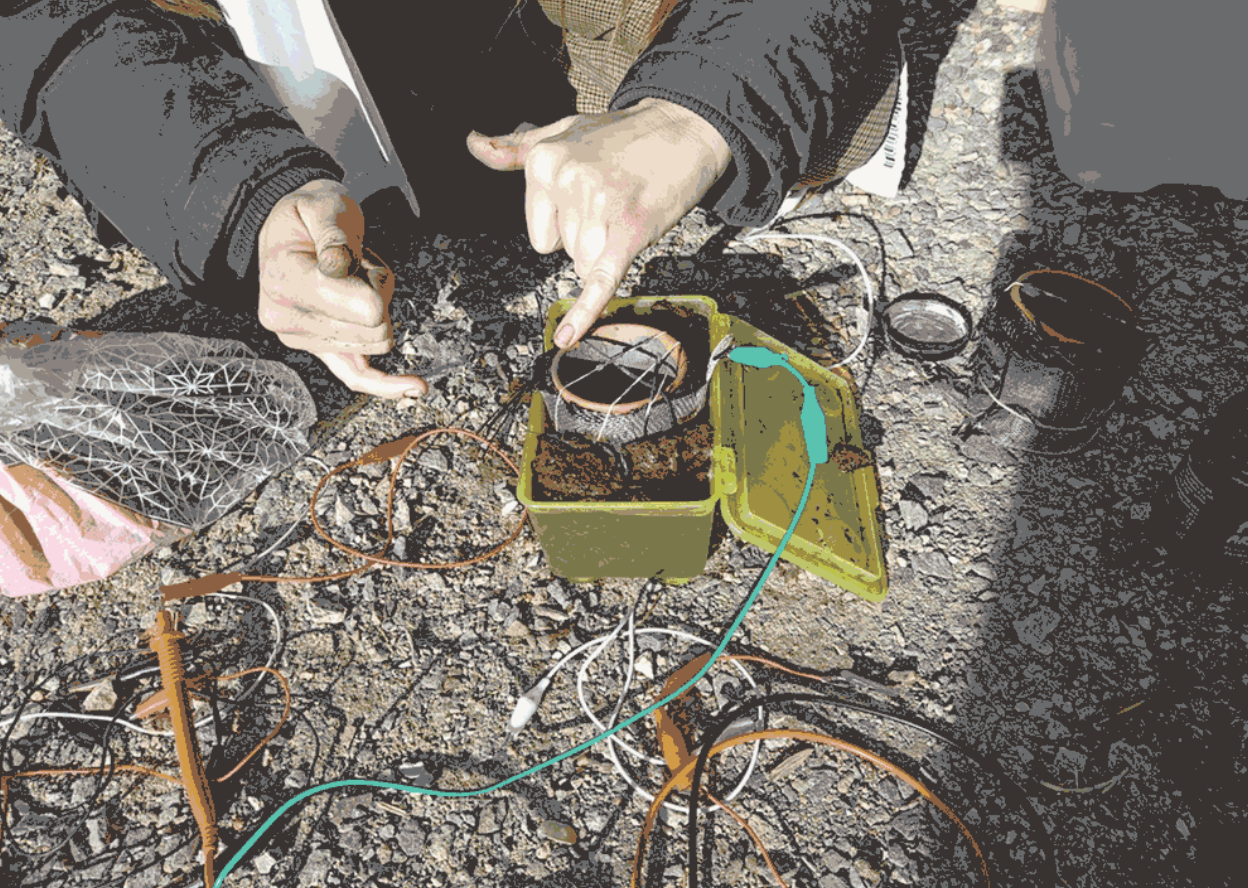
Word Becomes Energy: Kinetic Art, Concrete Poetics, & the Work-Energy Nexus
24 May, 15.00-18.00 at REC studio (directions here)
Attending to energy infrastructures and their structural imprint on social forms, this open lab explores the material practices of kinetic and concrete poetics through the lens of energy. Where energy humanities methodologies have traced how transitions between dominant fuel sources manifest in distinct ‘resource aesthetics,’ the intersection of artistic production and energy circulation through kinetic art in the late-20th century reflects a critical juncture for nuclear power and fossil capital. In the thick of these experiments with language, form, and energic force, as the artist Lilian Lijn wrote in 1968, “word becomes energy.”
In response to an archive of infrastructural projects and social resistance that coalesces around interlocking crises of climate, capital, and energy in 1973, we’ll explore the politics and poetics of infrastructure through prototyping, situating, and installing our own kinetic sculpture-poem at VXO FARMLab. Taking inspiration from experiments with regenerative energy and poetic form during the “work/energy crisis” of the 1970s, this open lab session engages collaborative design and radical composition practices to envision alternative energy futures and autonomous infrastructures. Join environmental humanities researcher Fred Carter (University of Amsterdam) and Regenerative Energy Communities (Linnaeus University, Linköping University and University of Plymouth) for an afternoon of kinetic poetics, speculative counter-planning, and collective study at the lab and in the field.
Bio:
Fred Carter currently holds a position as Saltire Emerging Researcher at the Amsterdam School for Cultural Analysis, University of Amsterdam, and co-director of the FieldARTS residency with Jeff Diamanti. In 2022, he completed a doctoral thesis, titled ‘Work at the language-face: Linguistically innovative poetry in and against the Anthropocene,’ at the University of Edinburgh, where he also co-convenes the Edinburgh Environmental Humanities Network. His current postdoctoral research is situated at the intersection of Marxist literary criticism and energy humanities, examining the emergence of innovative poetic forms against intersecting crises of energy, capital, and climate after 1973. With Daniel Eltringham, he is co-editor of Militant Ecologies, a special issue of Green Letters: Studies in Ecocriticism (2023).
